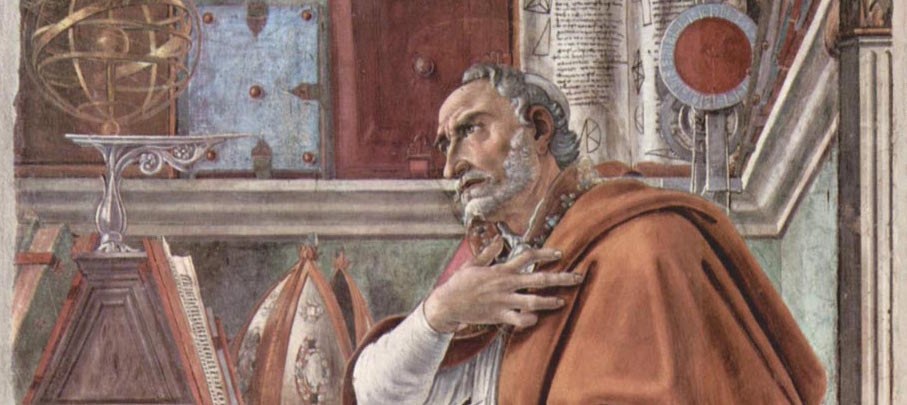In my early twenties, I dove deep into questions and doubts about the Christian faith. After hundreds of Sundays, countless youth programs, and a few years at a Christian college, I began dismantling many things I had always assumed. Today we would describe that experience as a kind of deconstruction. To those around me, I appeared argumentative and jaded. Inside, sometimes I felt free, sometimes afraid, sometimes numb. In the middle of that personal journey, I discovered a traveling companion as I began to read Augustine.
Login to read more
Sign in or create a free account to access Subscriber-only content.
Topics:
